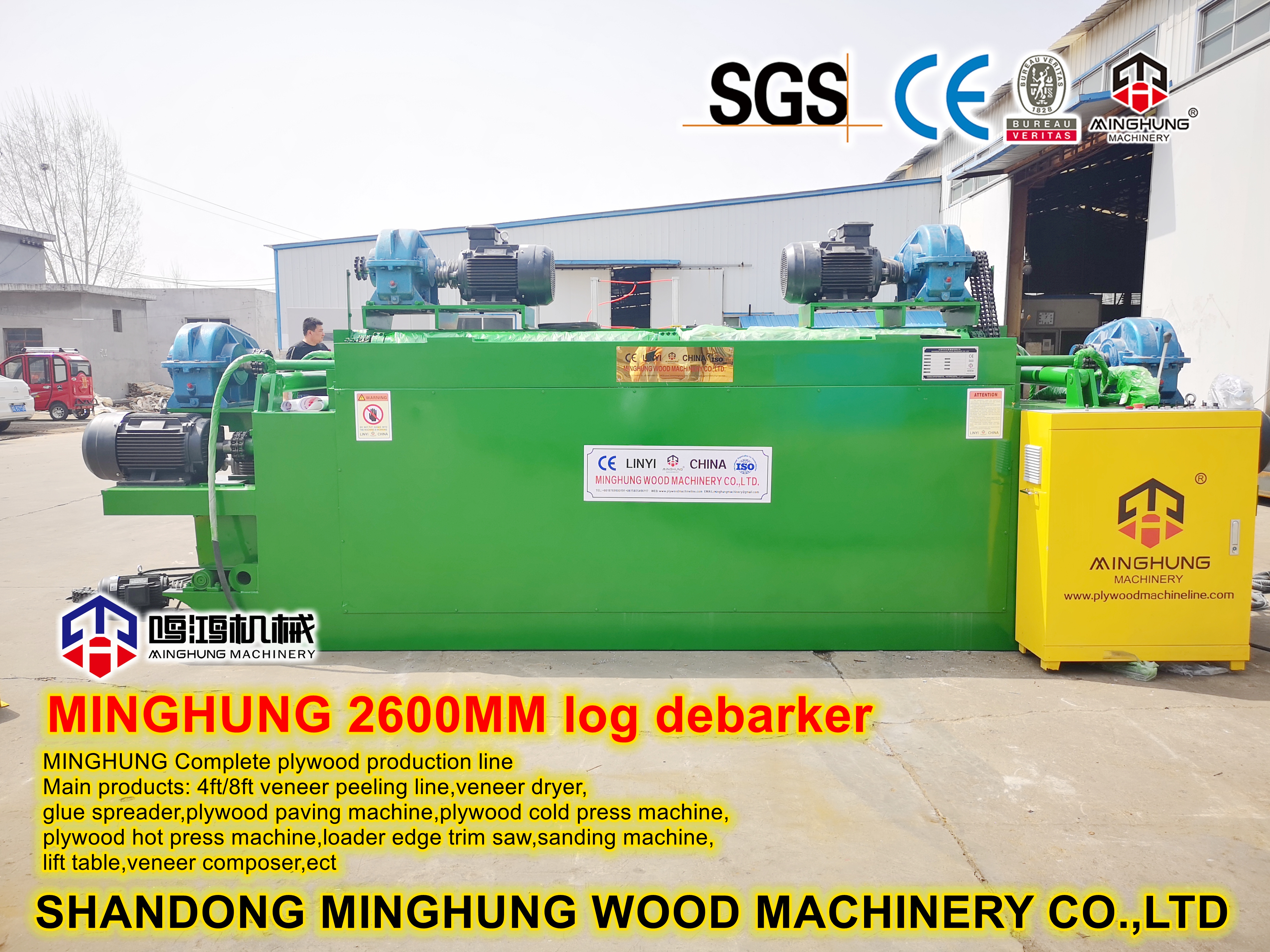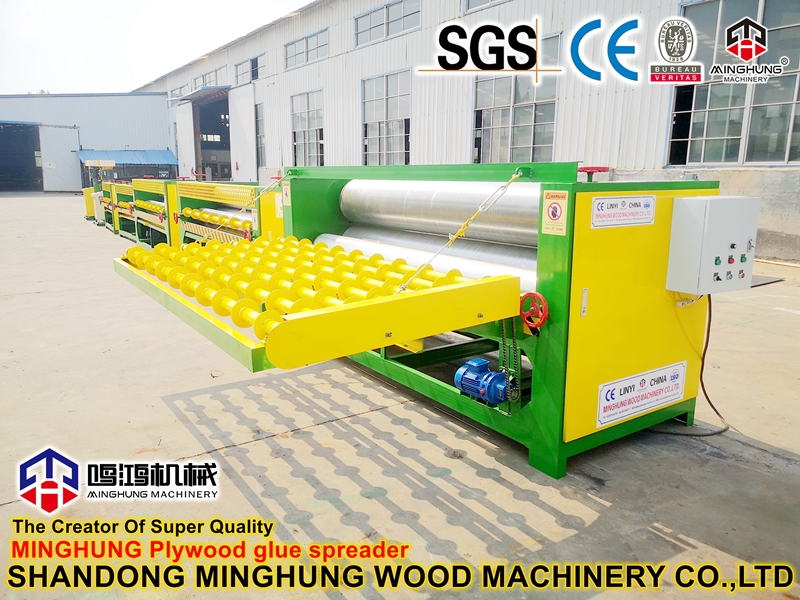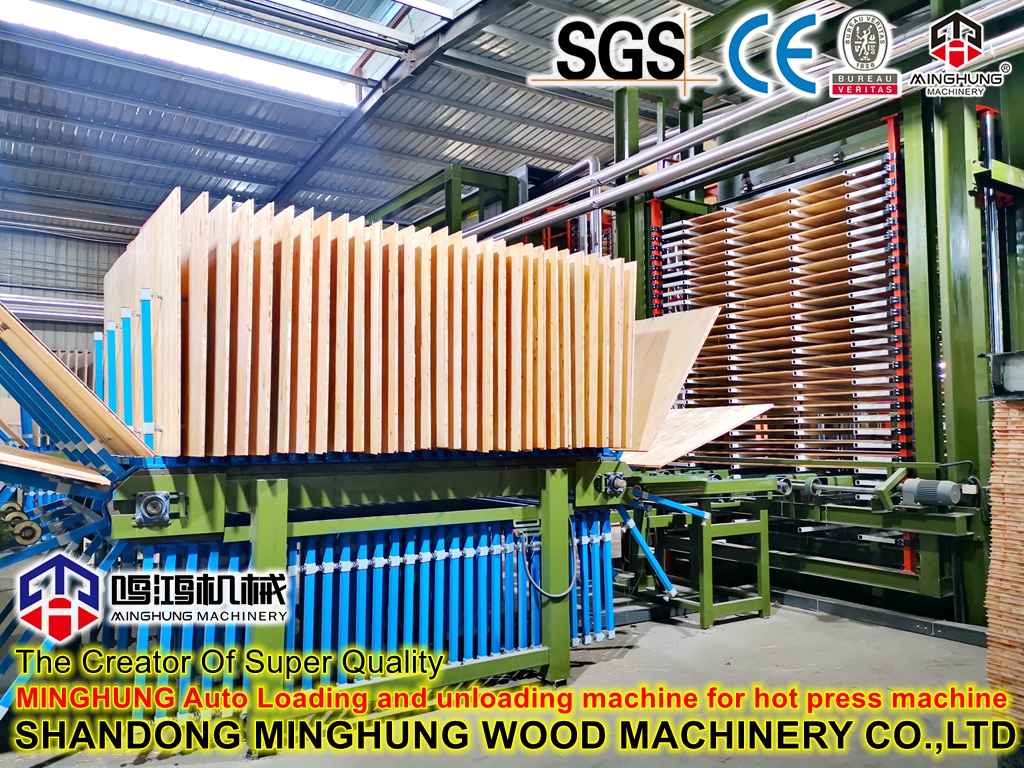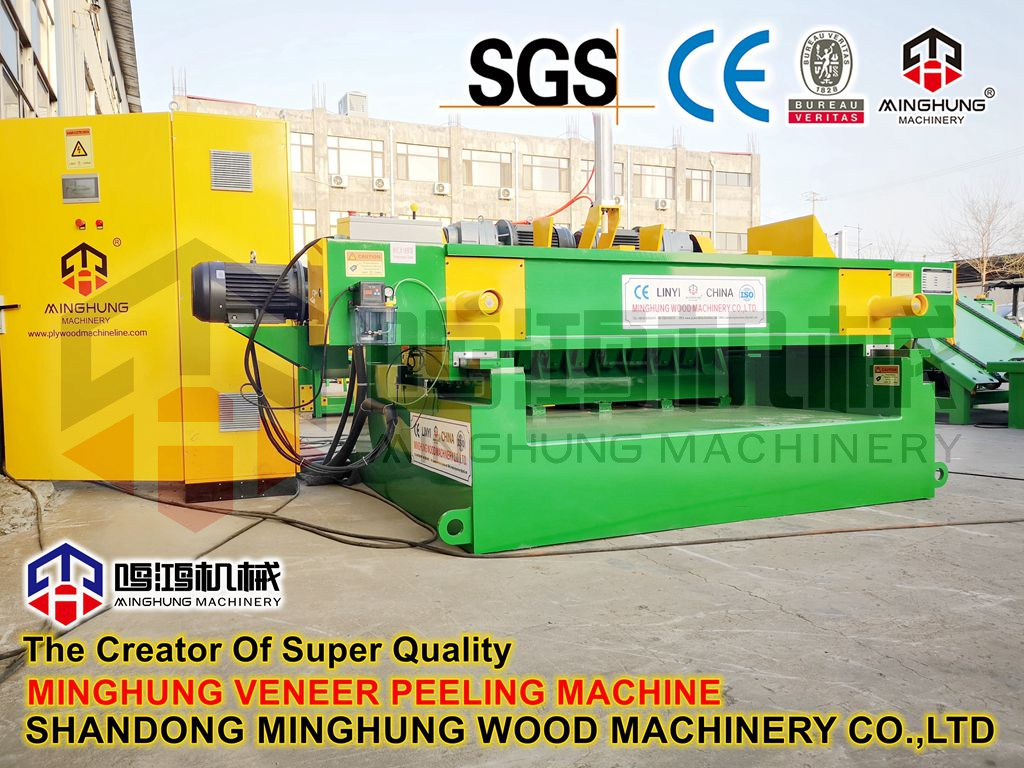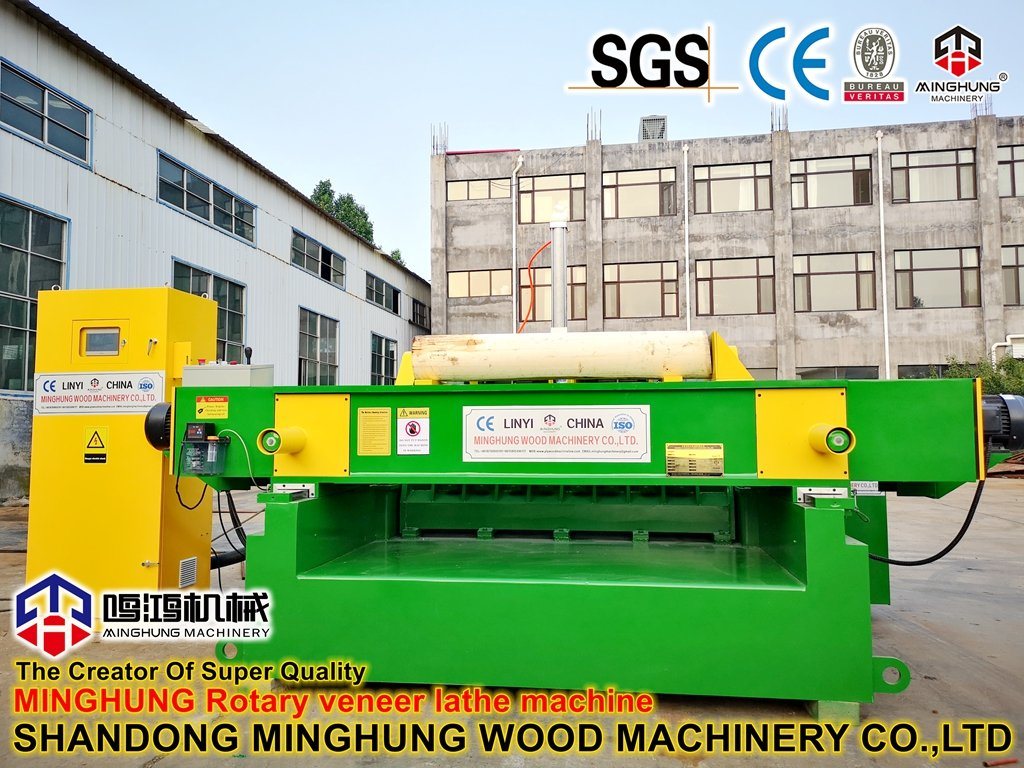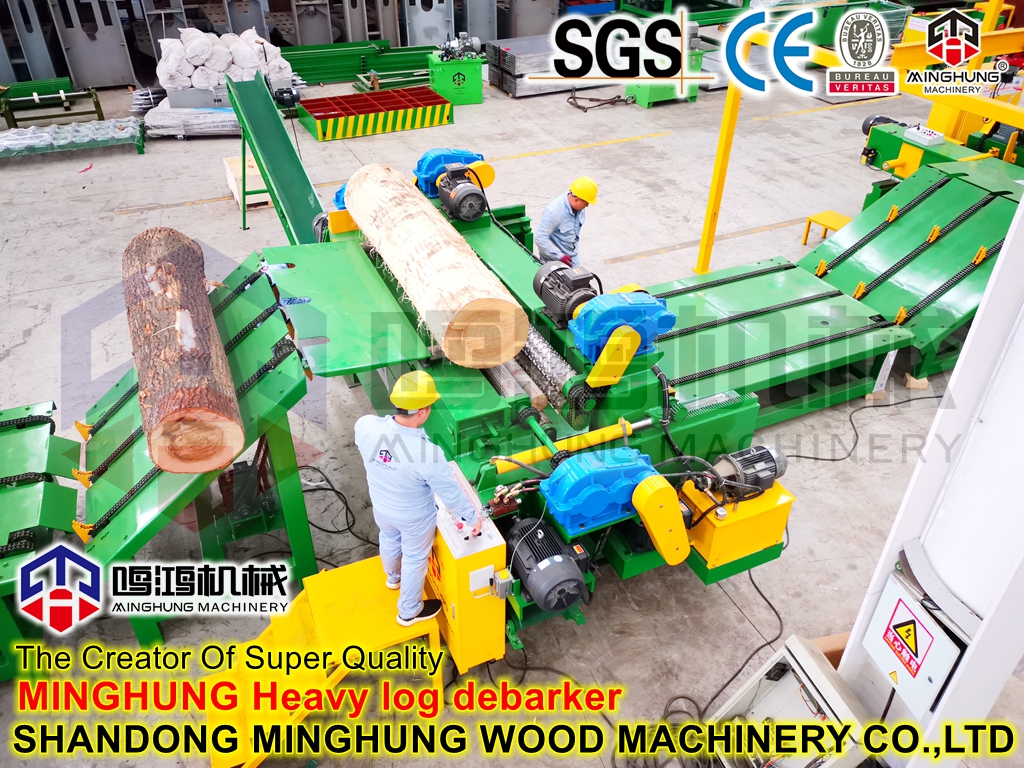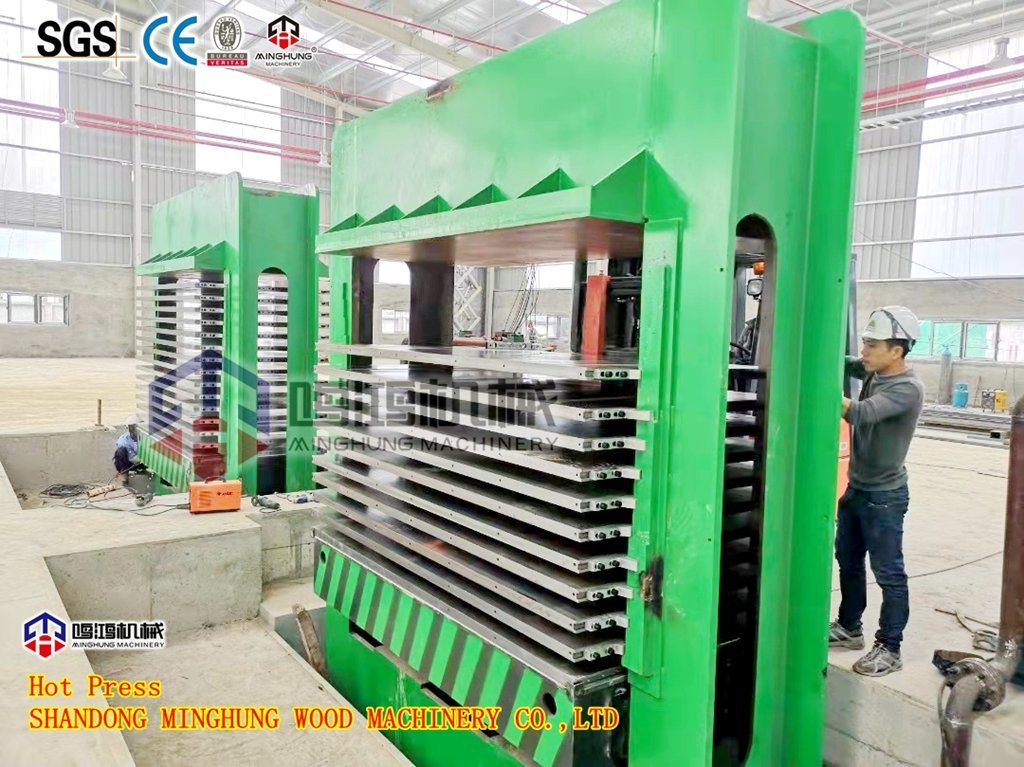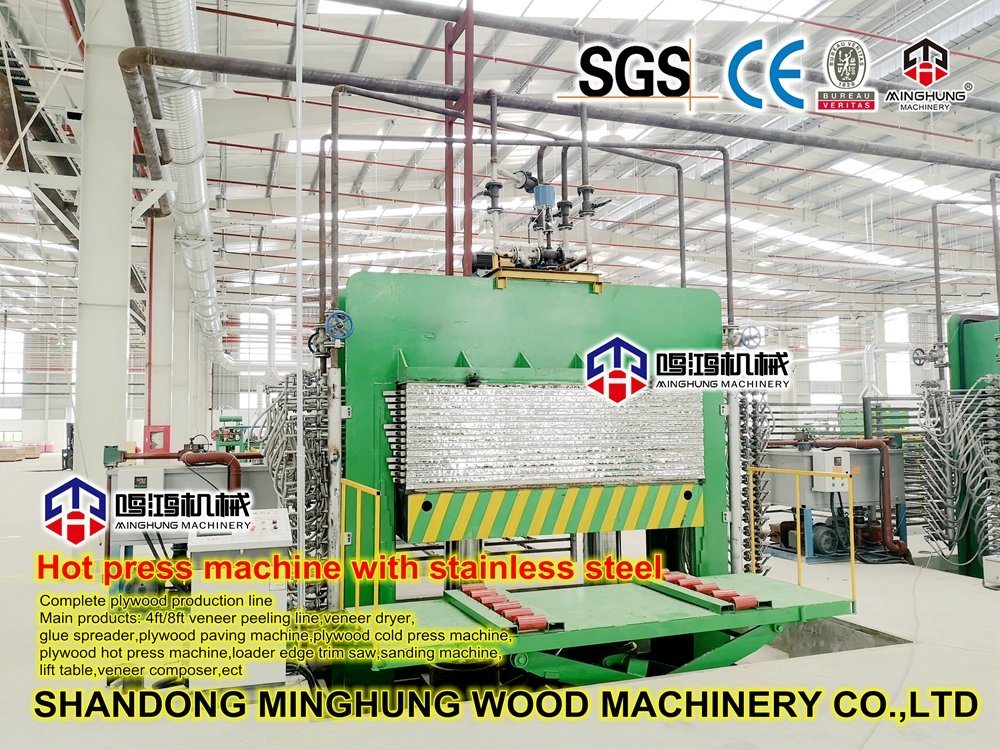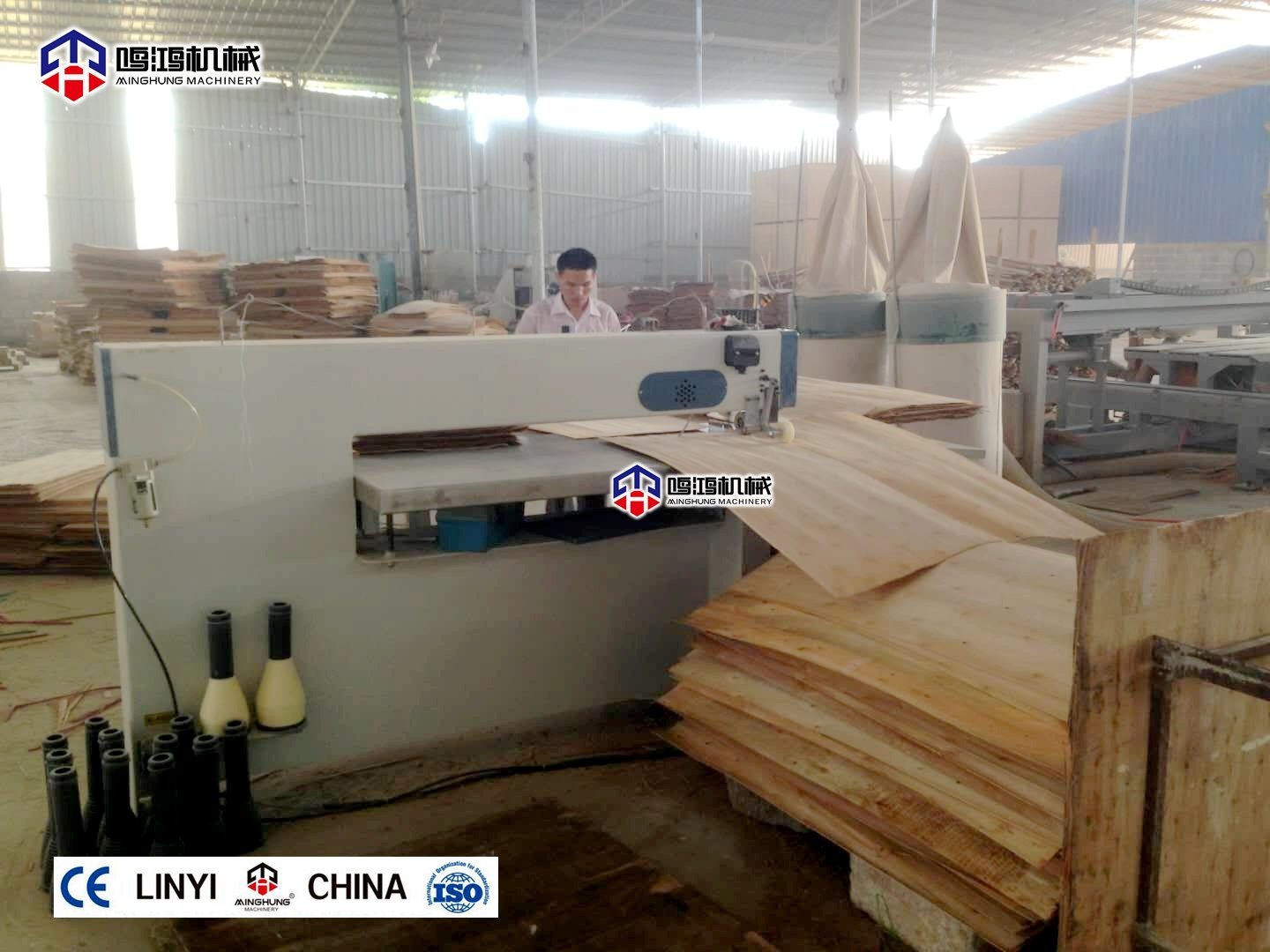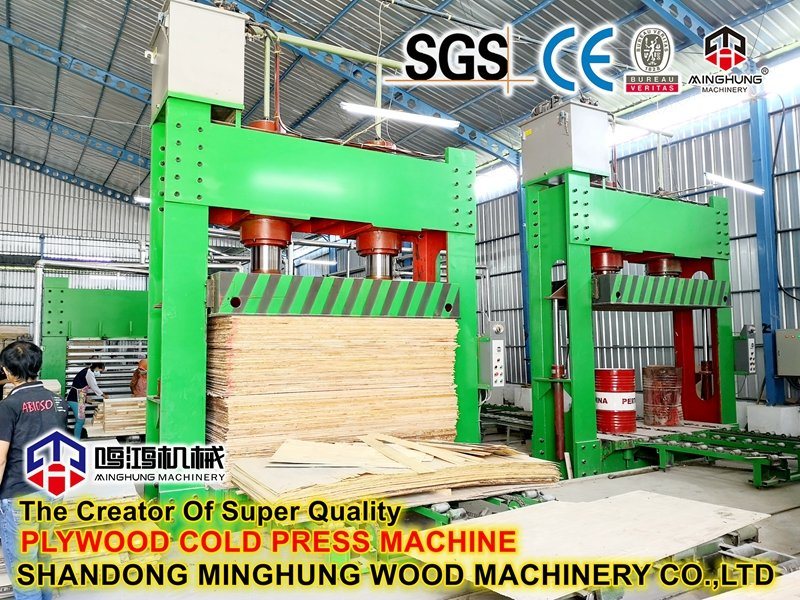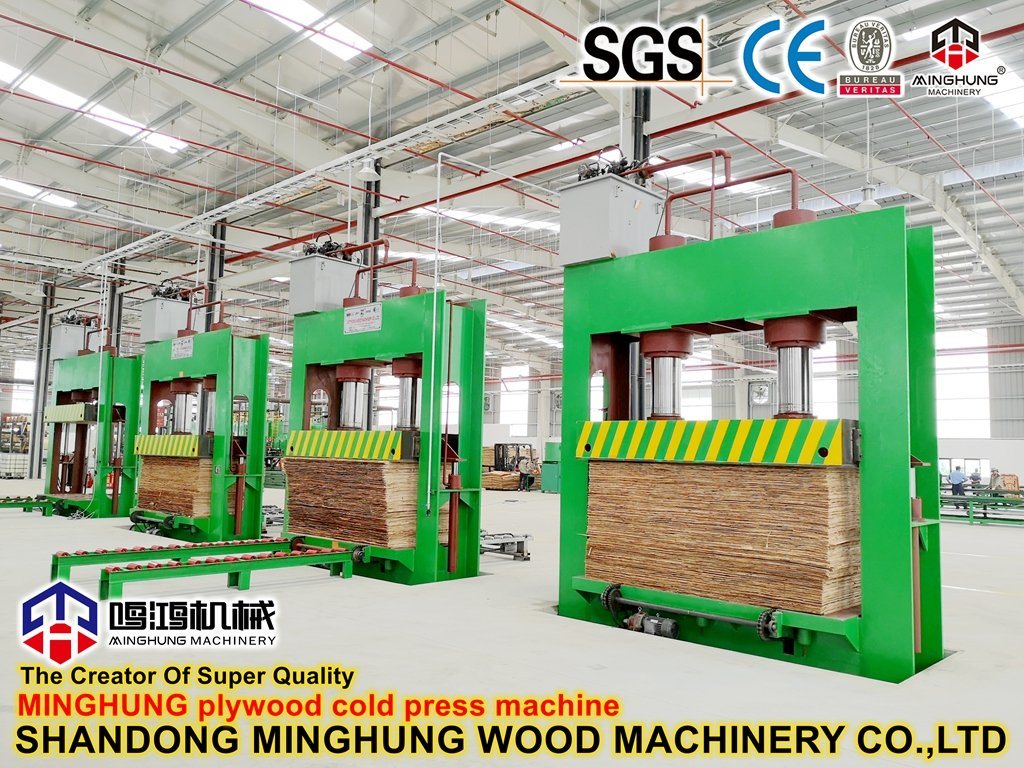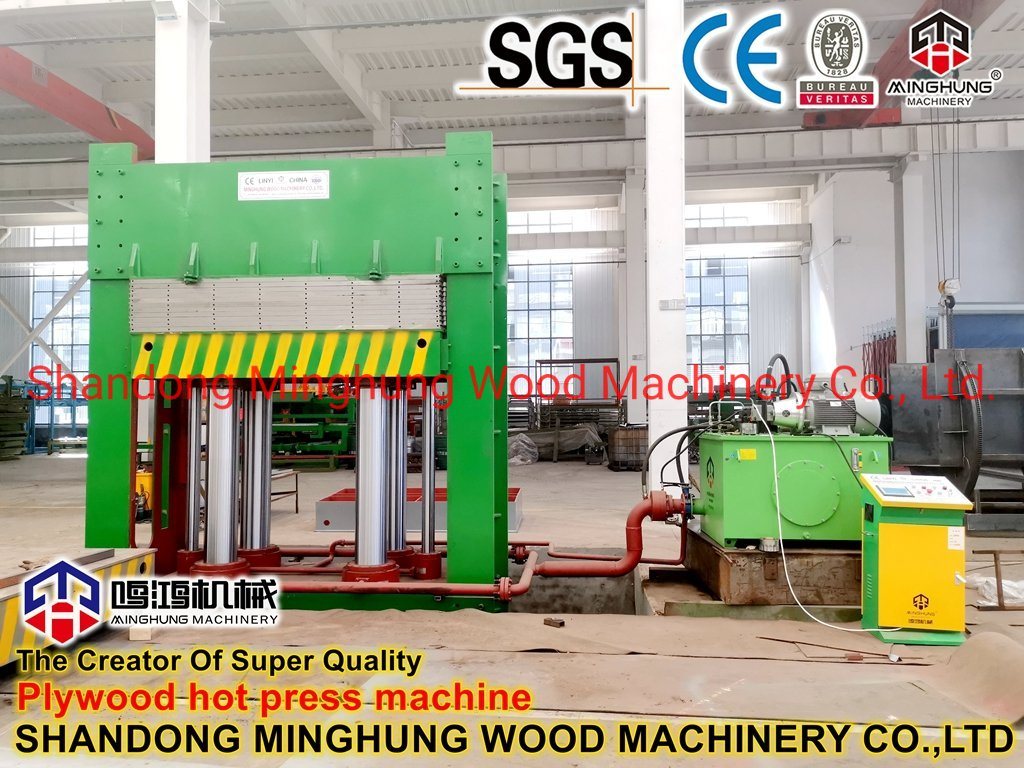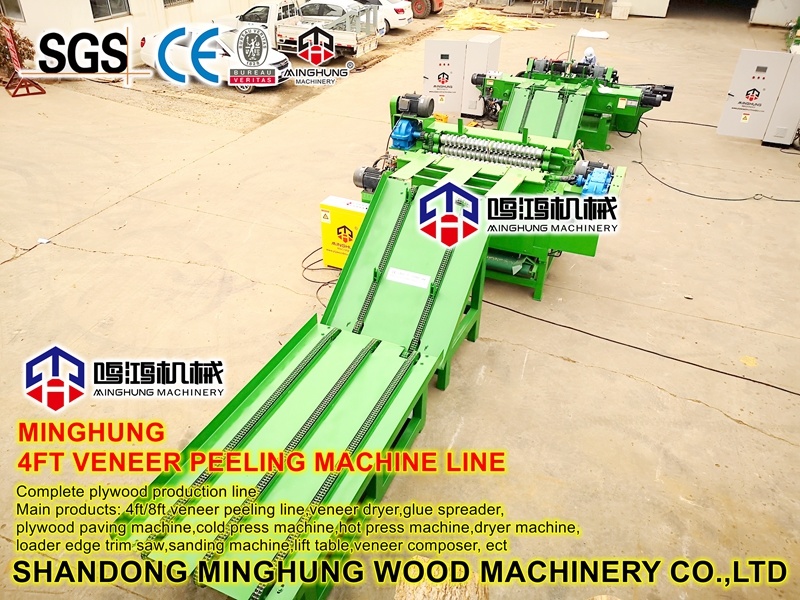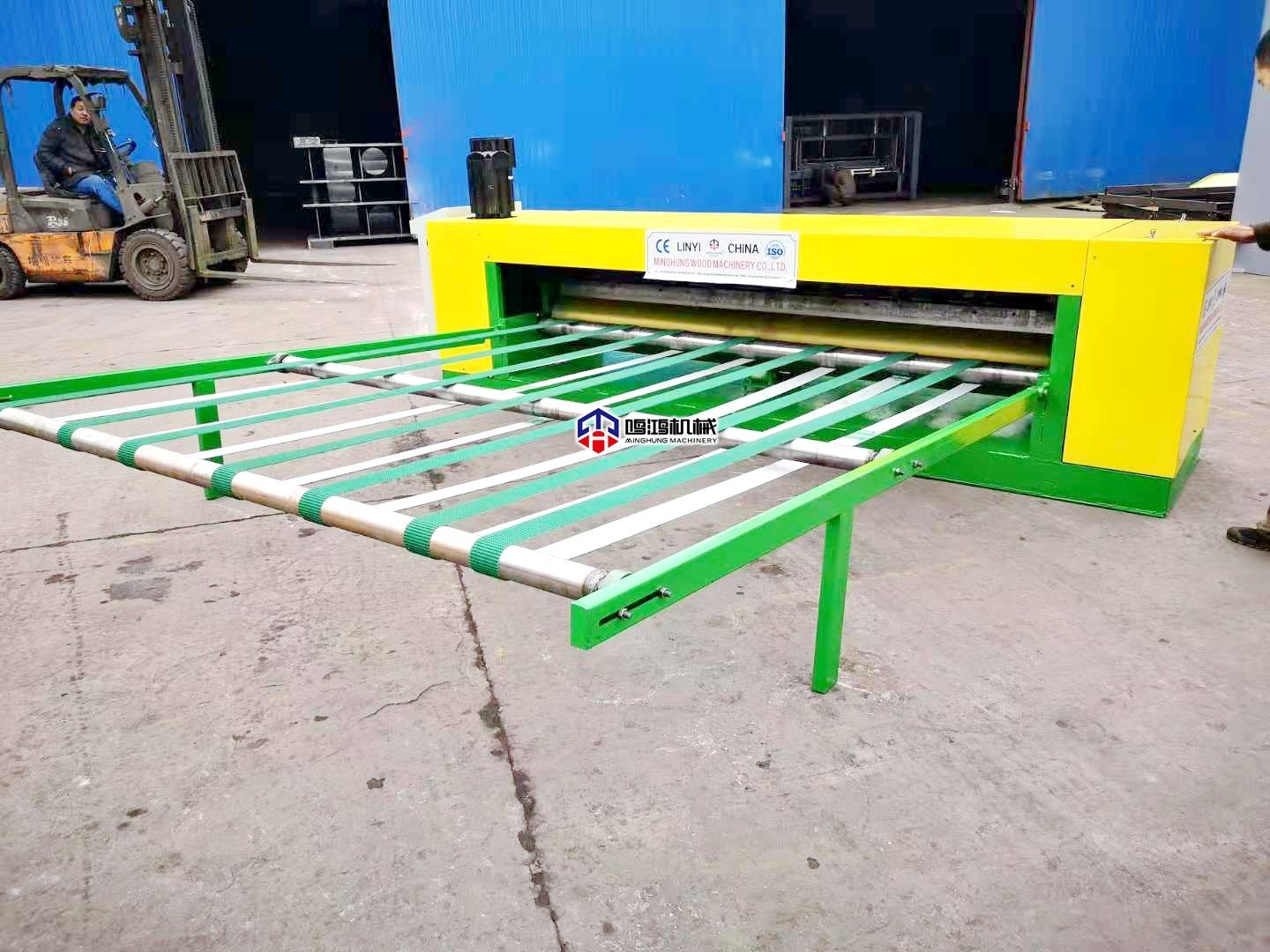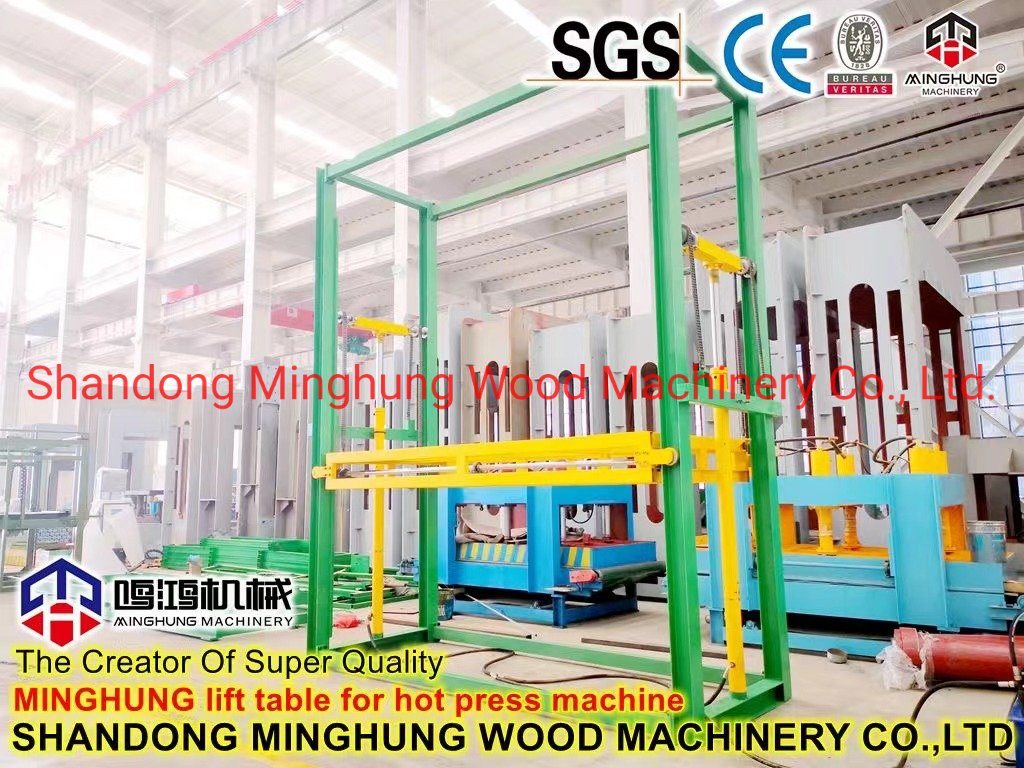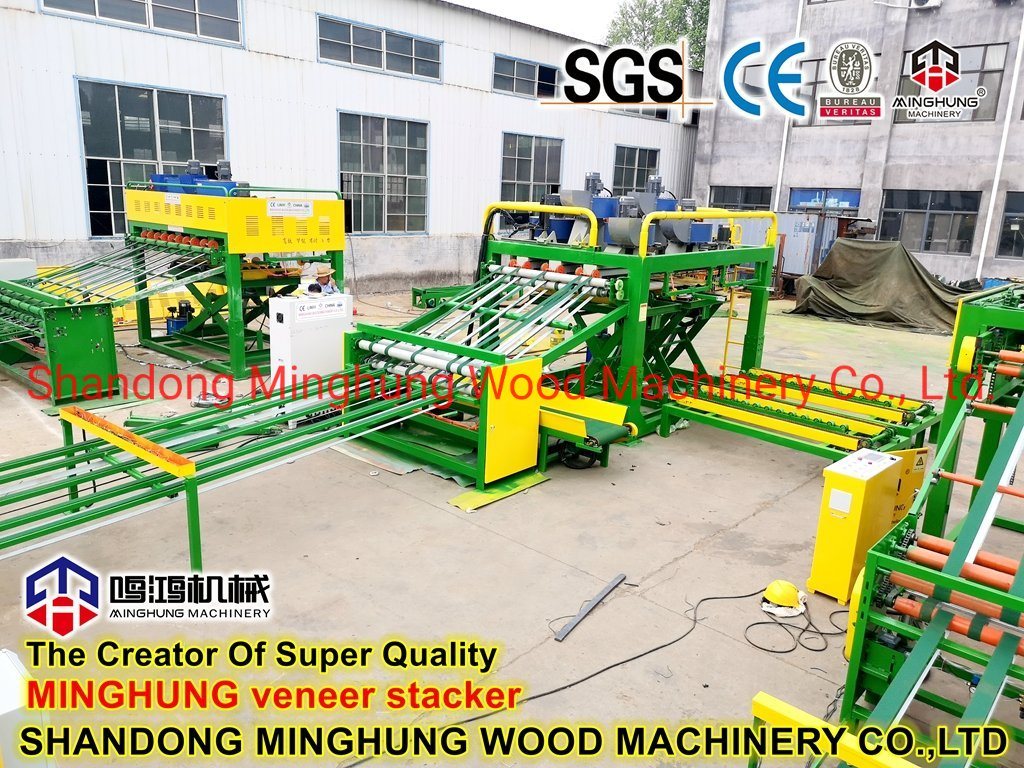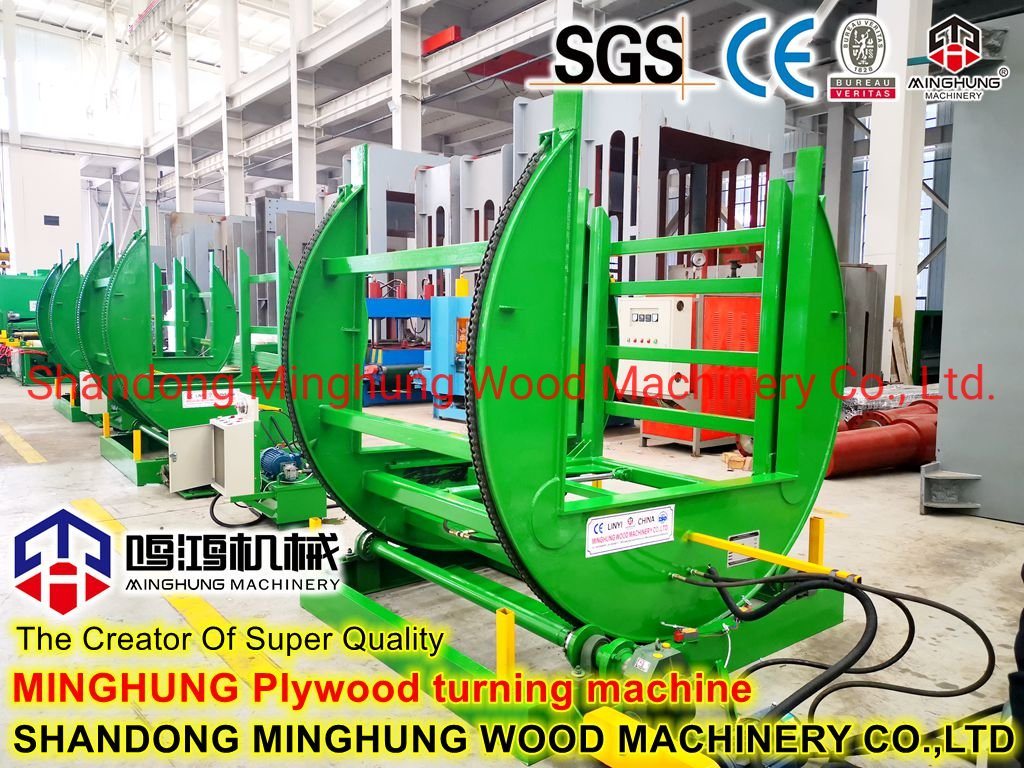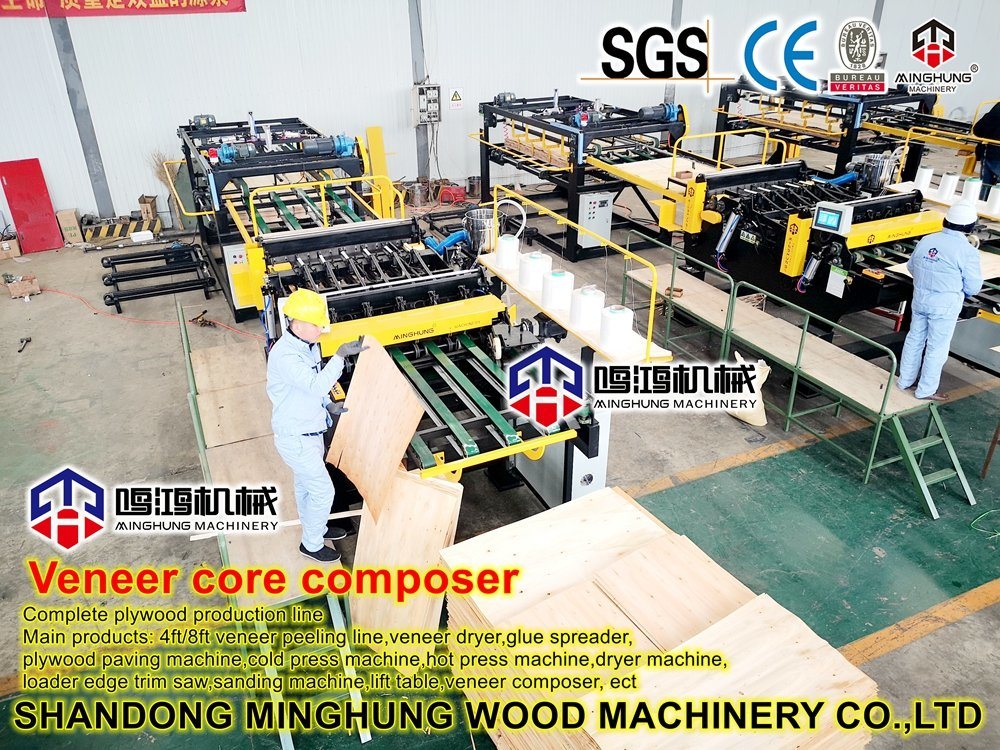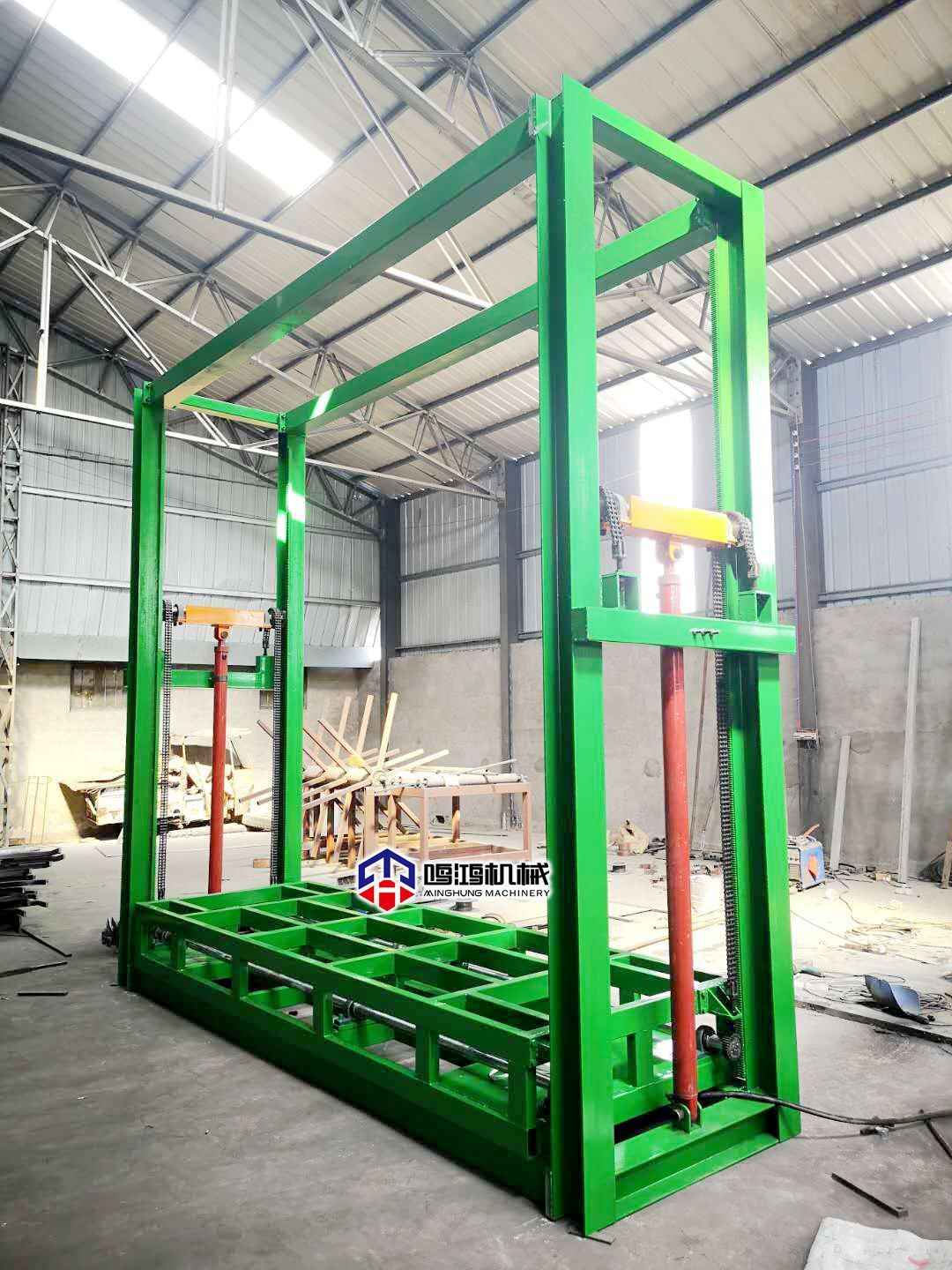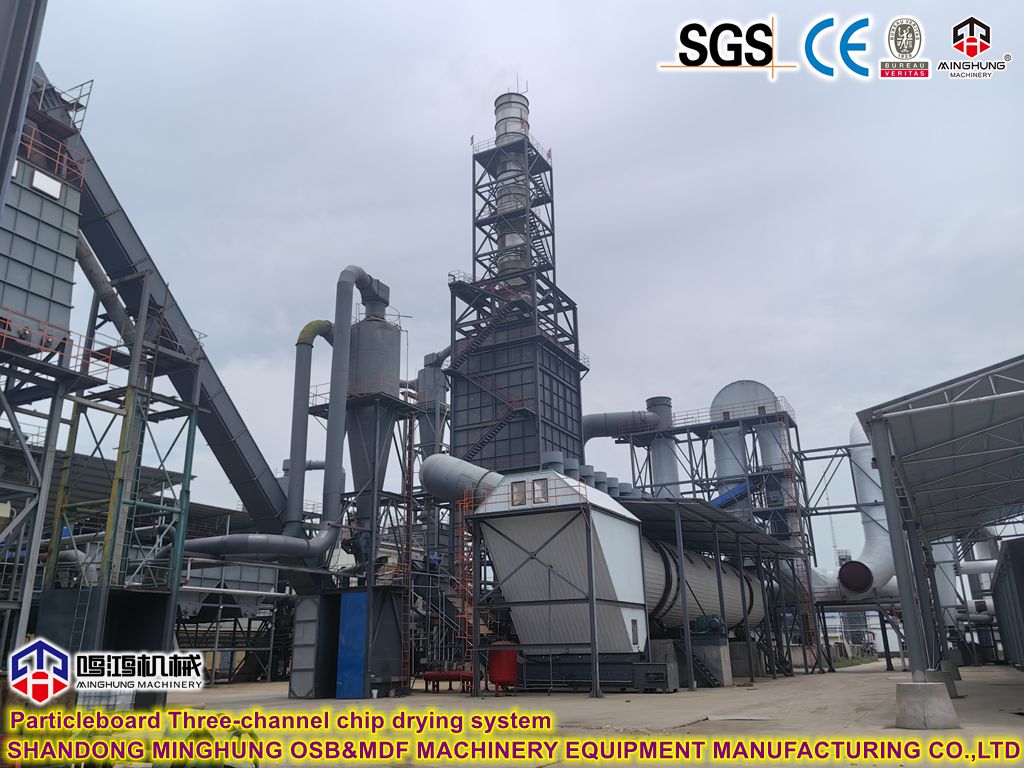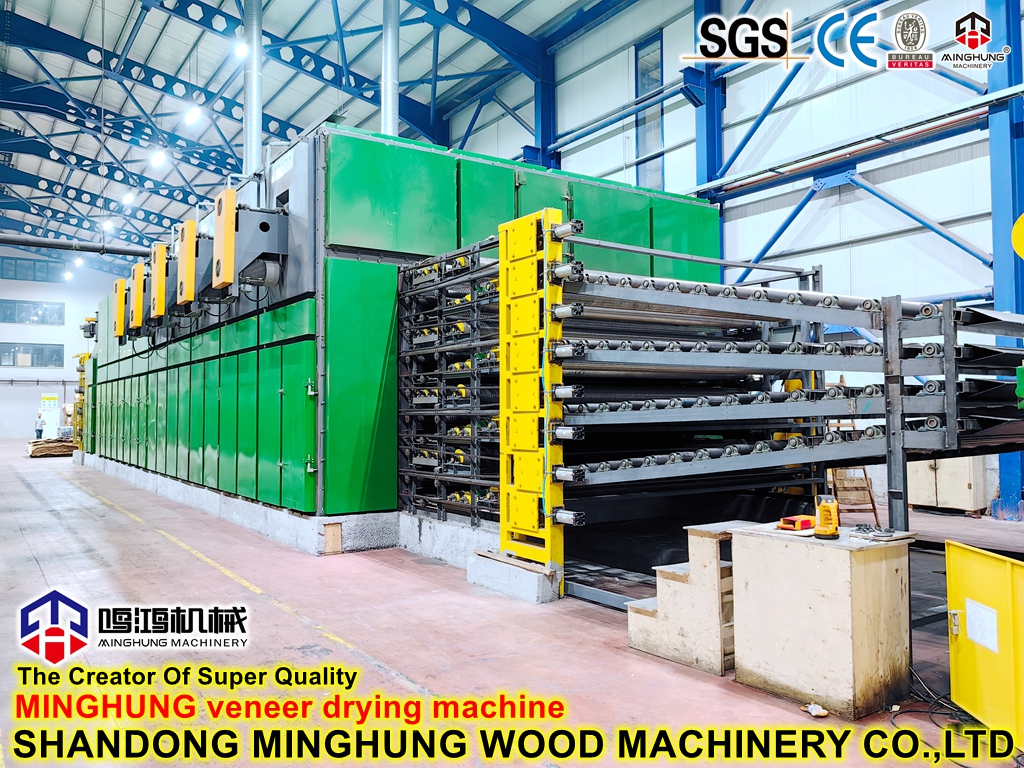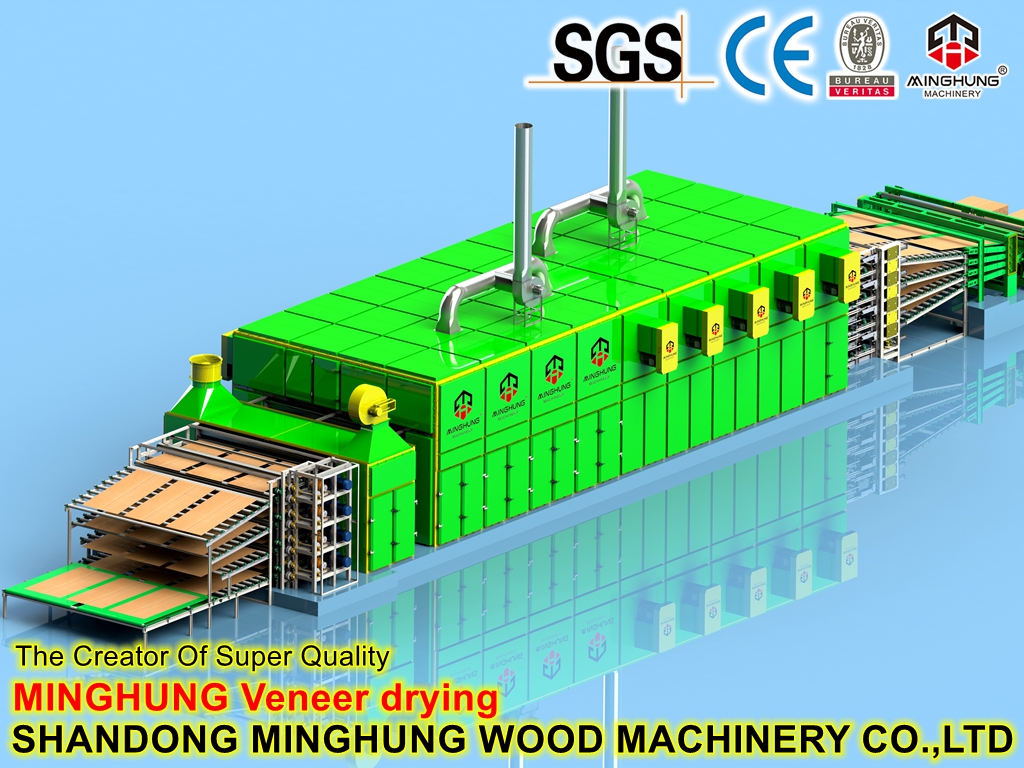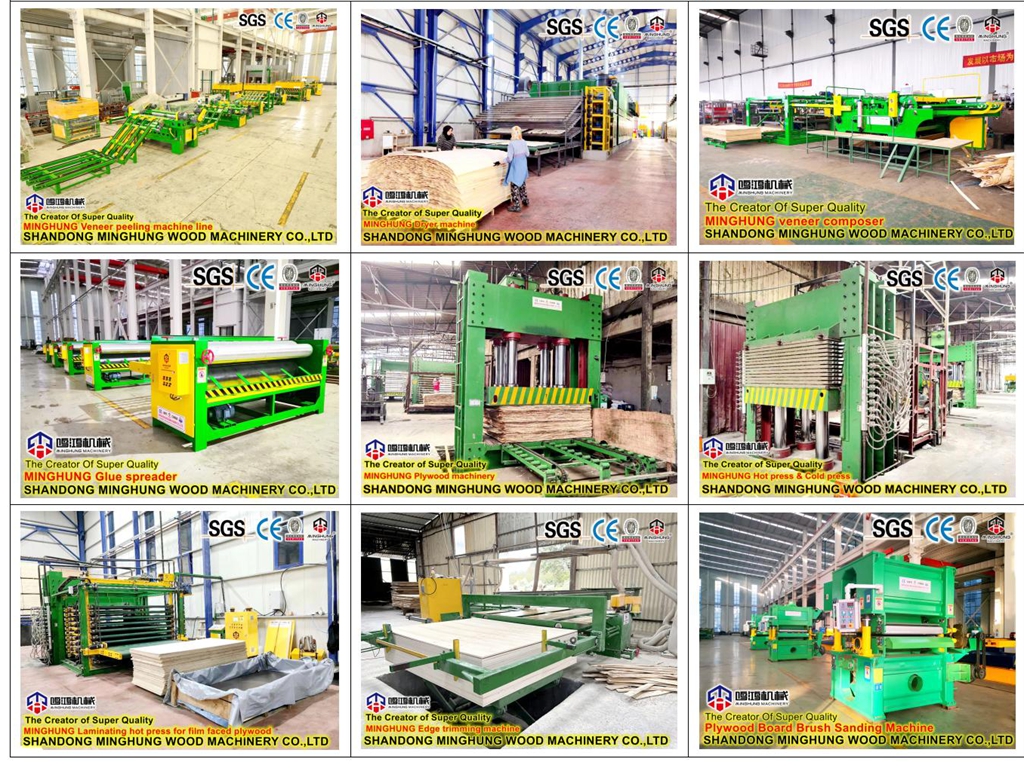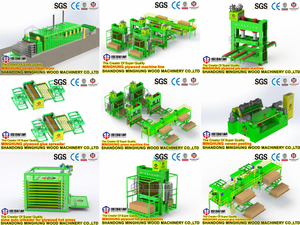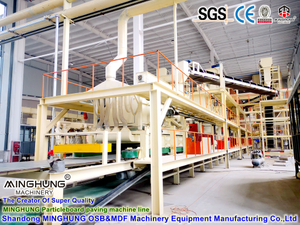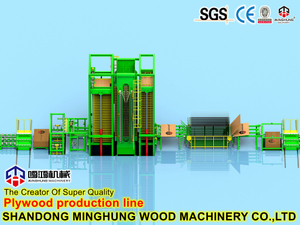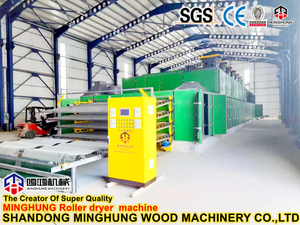1. High Space Utilization, Small Footprint: The multi-shelf rack design maximizes the use of vertical space within the drying chamber. It offers a significantly larger single-batch loading capacity compared to single-layer dryers occupying the same floor area, greatly enhancing space efficiency and production output per unit area.
2. Exceptional Drying Uniformity: Through scientific airflow design, powerful circulation fans drive hot air to enter from the top, evenly penetrating the veneers on each shelf. The air then returns from the bottom to form a closed loop, ensuring highly consistent drying results throughout the entire chamber.
3. Operational Flexibility and High Adaptability: It supports the batch drying of veneers from different wood species (e.g., poplar, eucalyptus, pine) and with varying thicknesses and sizes. Users can flexibly schedule drying batches according to production needs, making it perfectly suitable for multi-variety, small-batch production models.
4. Batch Management, Controllable Quality: Each batch of veneers is dried as an independent unit, facilitating traceability and management. Operators can set dedicated drying curves for different veneer types, ensuring stable and controllable drying quality for every batch.
5. Robust Structure, High Return on Investment (ROI): The main body is constructed from high-strength steel, ensuring durability and low maintenance costs. Compared to fully automated continuous production lines, it requires a lower initial investment while offering far superior drying quality and efficiency than traditional natural drying or simple drying rooms, resulting in a short payback period.
System Composition and Workflow
 | Main Components |
I. Main Structure System
1. Insulated Chamber:
Detailed Description: This is the static core structure of the dryer, analogous to a large insulated oven. It often features a modular design for easy transportation and on-site assembly.
Outer Layer: Made of high-quality color steel plate with a thickness ≥0.5mm, coated for corrosion resistance.
Inner Layer: Made of corrosion-resistant galvanized or stainless steel to withstand the moist, hot environment.
Insulation Core: Filled with high-efficiency rock wool or fiberglass (density ≥100kg/m³), typically 100-150mm thick. This ensures high thermal resistance and low thermal conductivity (usually ≤0.045W/m·K), minimizing heat loss.
Sealing: The large door is equipped with high-temperature resistant silicone rubber gaskets to ensure chamber airtightness during operation.
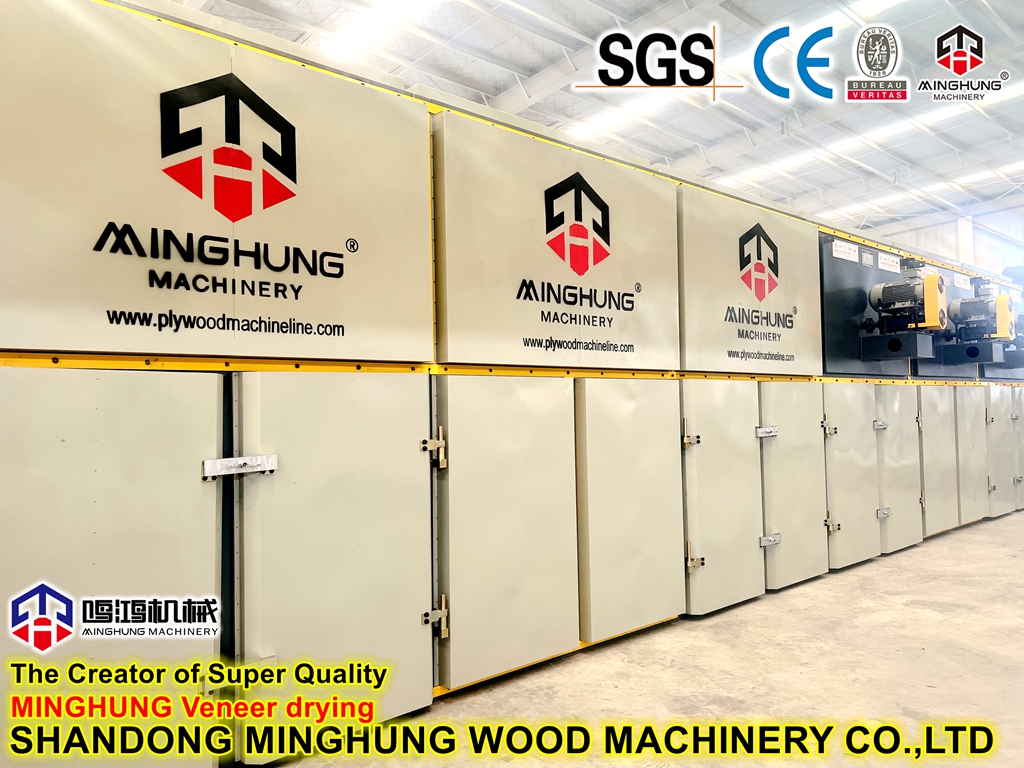
2. Steel Frame:
Detailed Description: Acts as the "skeleton," supporting the weight of the chamber, racks, fans, etc.
Material: Constructed from standard structural steel (e.g., square tubes, channels) welded together.
Finish: The entire frame is shot-blasted or sandblasted to remove rust and then painted with high-temperature anti-rust paint for long-term stability.
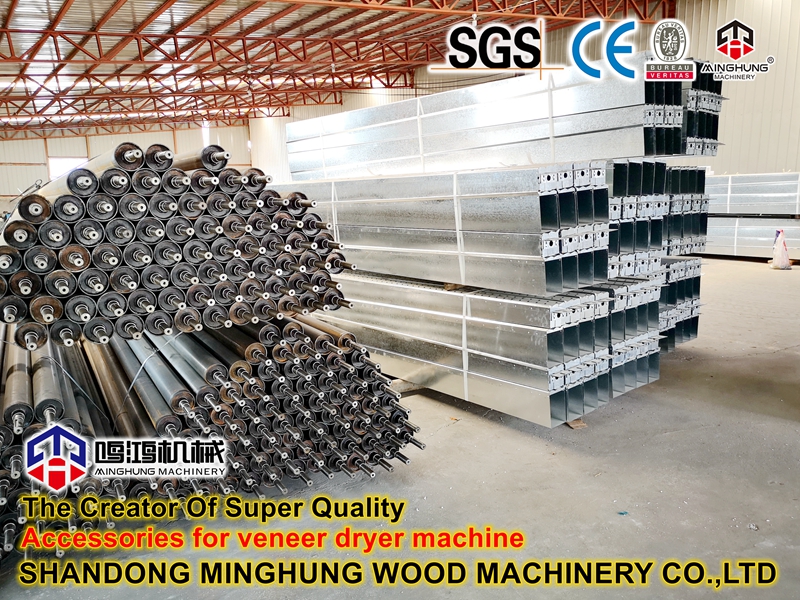
II. Hot Air Circulation & Ventilation System
3. Multi-Shelf Rack System:
Detailed Description: The defining component, used for layered loading of veneers.
Material: Welded from high-strength steel tubes or angles, with a hot-dip galvanized or high-temperature powder-coated finish for extreme corrosion resistance.
Design: The shelves feature gaps for airflow. Shelf height is often adjustable via movable brackets to accommodate different veneer thicknesses. Space under the bottom shelf serves as the air return plenum.
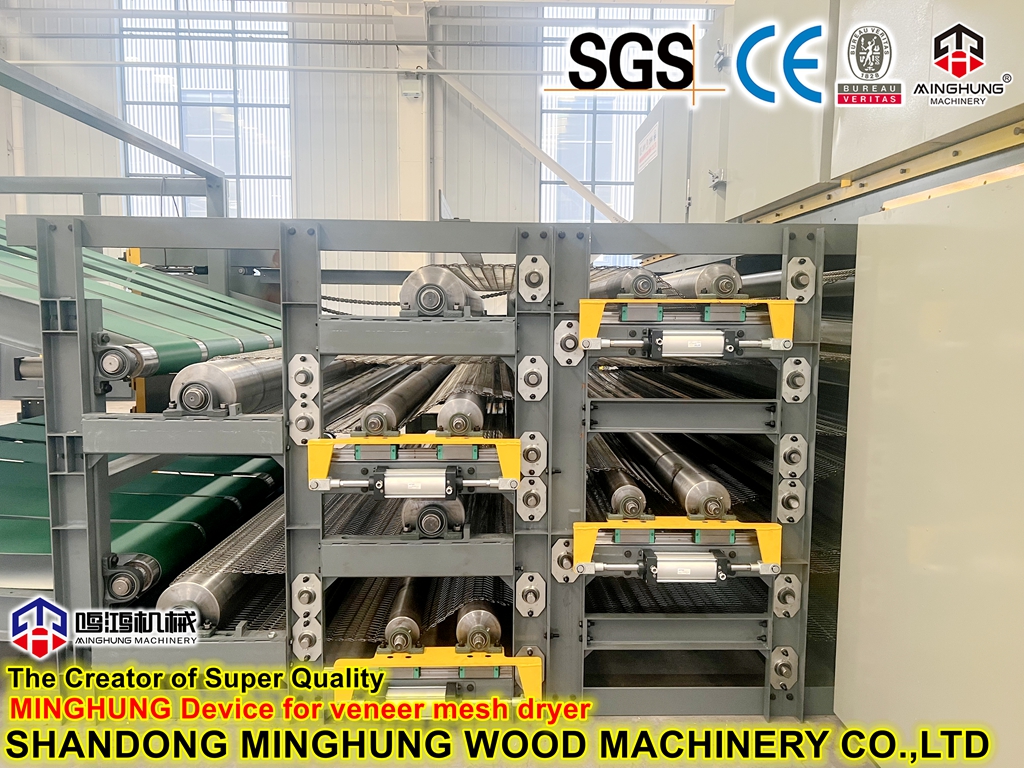
4. Heating Unit:
Detailed Description: Provides the heat required for drying.
Types:
Steam Heat Exchanger (SRZ Type): Comprises rows of aluminum-finned tubes, offering high efficiency. Ideal for plants with steam boilers.
Thermal Oil Heat Exchanger: Similar structure but designed for higher pressure, used with thermal oil systems.
Electric Heater: Consists of multiple stainless steel heating elements, controlled via contactors. Simple and precise, suitable for locations without boilers.
Location: Typically installed near the suction side of the circulation fan or in a dedicated air plenum.
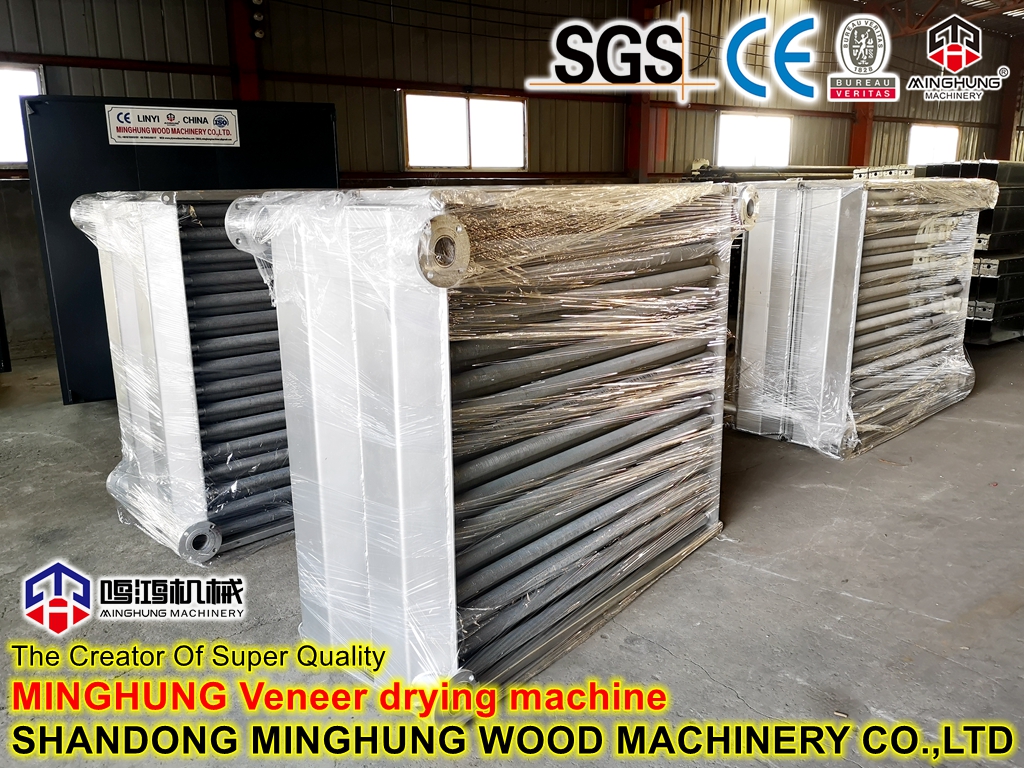
5. Circulation Fan System:
Detailed Description: The "heart" of the dryer, providing the motive force for air movement.
Fan Type: Utilizes high-volume, high-pressure centrifugal fans, capable of overcoming the resistance posed by the racks and veneer stacks.
Drive: Powered by a motor via a belt drive system, allowing for speed adjustment (by changing pulleys) to fine-tune airflow.
Layout: Usually positioned at the top or upper side of the chamber to drive air vertically downward.
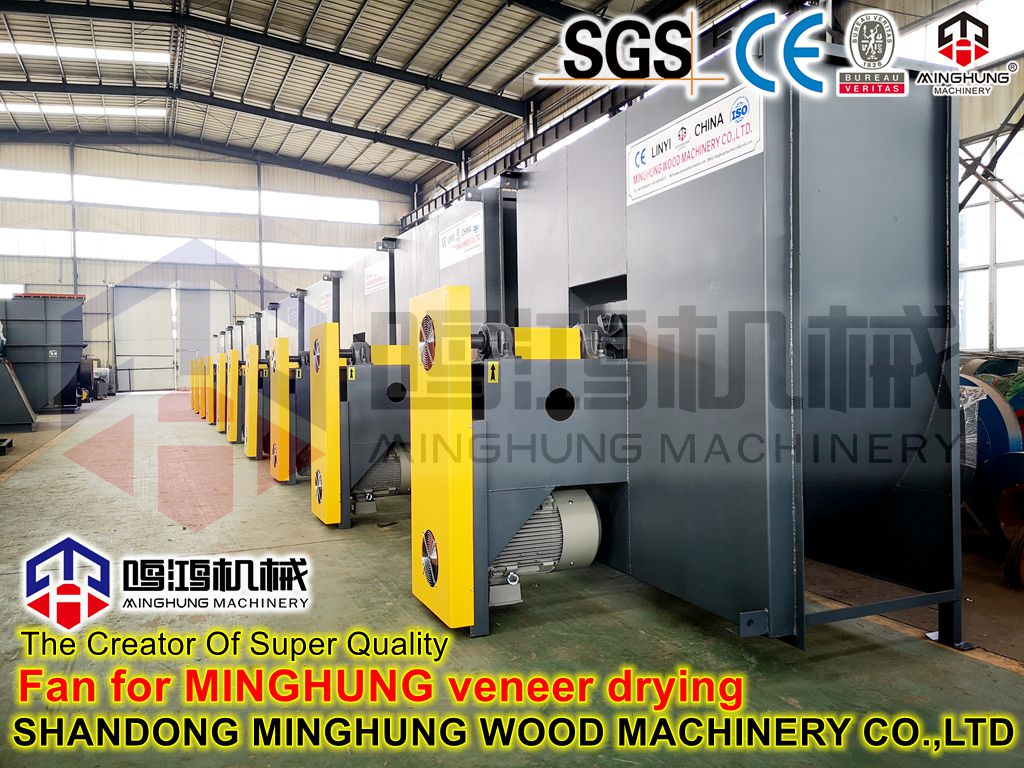
6. Air Distribution System:
Detailed Description: Crucial for ensuring uniform air distribution across the chamber's cross-section.
Components: Includes a top air plenum and air baffles.
Function: Air from the fan enters the plenum to stabilize pressure and velocity, then is evenly distributed by the baffles across the entire rack area, preventing dead zones.
III. Humidity Control System
7. Humidity Exhaust System:
Detailed Description: Removes moisture evaporated from the veneers.
Components: Includes exhaust vents, electric actuators, and insulated dampers.
Operation: The control system opens the dampers based on humidity levels or timers to expel moist air. Fresh air is simultaneously drawn in through filtered air inlets to maintain drying efficiency.
IV. Automated Control System
8. Intelligent Control Cabinet:
Detailed Description: The "brain" of the drying process.
Core Controller: An industrial PLC for high reliability and stability.
HMI: A large color Touchscreen for real-time monitoring, recipe setting, data logging, and alarm viewing.
Sensors:
Temperature Sensors: High-precision Pt100 RTDs measure temperatures at various points.
Humidity Sensors/Hygrometers: Monitor the relative humidity inside the chamber.
Actuators: The cabinet uses contactors, SSRs, and VFDs to control heaters, fans, and dampers precisely.
V. Safety & Auxiliary Systems
9. Safety Protection System:
Over-Temperature Protection: Independent high-temperature limiters near heaters cut power if temperatures exceed safe limits, providing a critical safety backup.
Motor Protection: Thermal overload relays on all motors prevent burnout from electrical faults.
Audio-Visual Alarm: Lights and a buzzer activate immediately upon any system fault to alert operators.
 | Workflow |
1. Loading: Neatly stack the wet veneers on dedicated trays or directly onto each layer of the rack.
2. Start-up: Close the sealed door, select or set the corresponding drying curve on the control screen, and start the machine.
3. Drying Cycle: The heating system generates hot air, which is forced by the circulation fans into the drying chamber. It penetrates the veneer layers from top to bottom, absorbing moisture, and is then reheated and recirculated after returning via the bottom ducts.
4. Intelligent Dehumidification: The control system automatically opens the exhaust dampers based on the rising humidity inside the chamber, expelling moist air and supplementing a small amount of fresh air.
5. Unloading: Once the drying cycle is complete, the system stops automatically and issues a prompt. Open the door and transport the dried veneers out.

